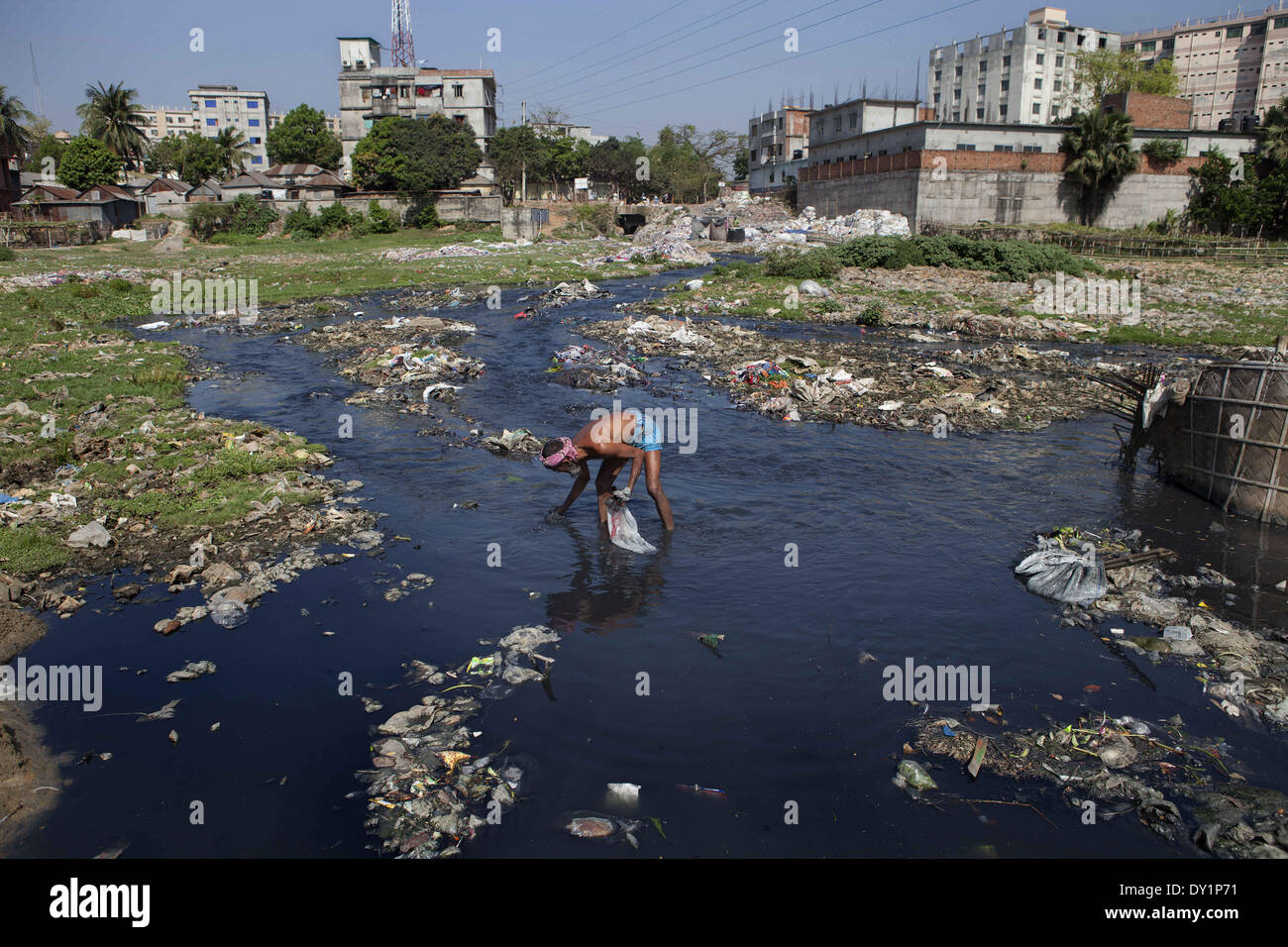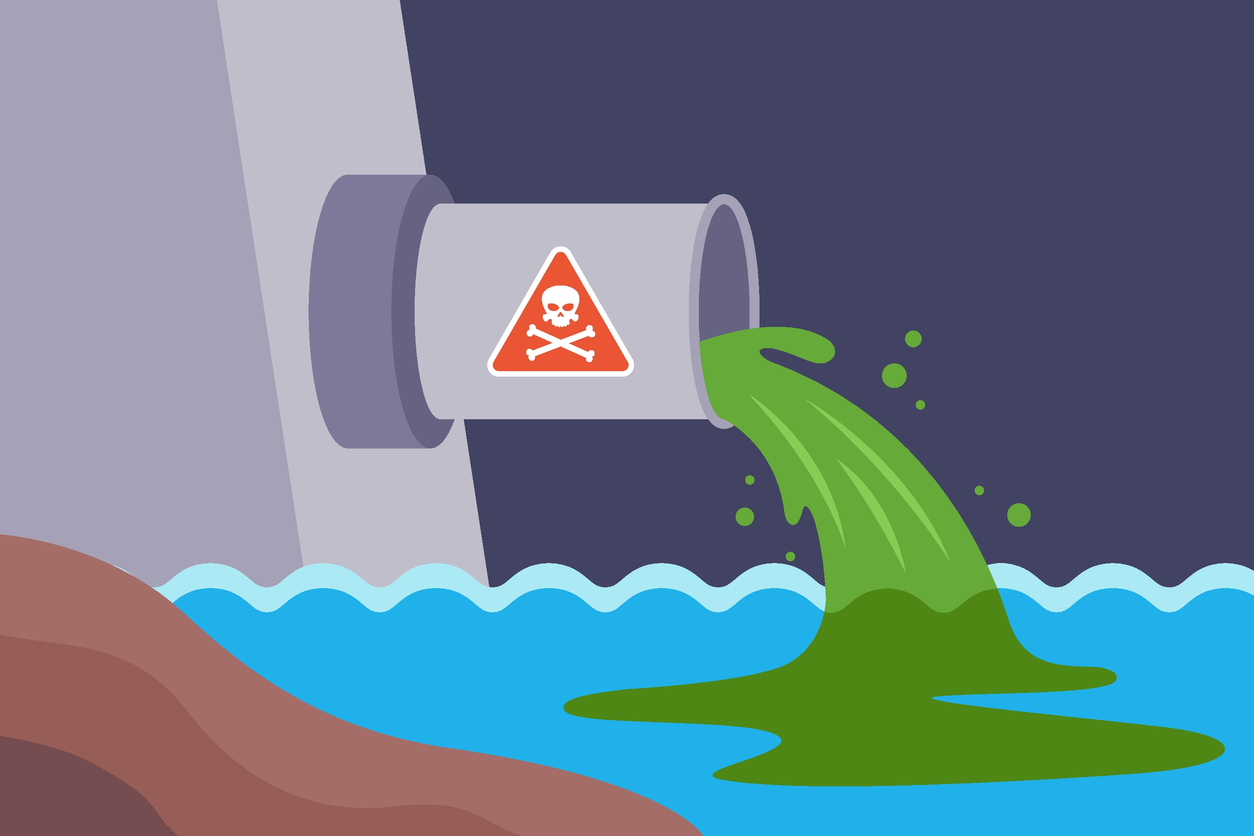Comprehending the Comprehensive Refine of Fluid Garbage Disposal: Best Practices and Environmental Impact Considerations
The monitoring of liquid waste disposal is a multifaceted problem that needs an extensive understanding of numerous finest methods and their linked environmental influences. From the kinds of fluid waste produced to the approaches utilized for collection, therapy, and last disposal, each step plays an essential function in guarding ecological communities and public health and wellness.
Kinds Of Liquid Waste
Recognizing the numerous kinds of fluid waste is vital for reliable management and disposal techniques. Fluid waste can be extensively classified into numerous kinds, each requiring unique handling and therapy methods.
Industrial fluid waste usually includes dangerous materials, including heavy steels, solvents, and chemicals, created during producing procedures. These wastes necessitate strict regulative compliance to protect human wellness and the setting. Residential fluid waste mostly describes wastewater generated from families, including sewage and greywater, which, although much less hazardous, can still posture substantial risks if poorly taken care of.
Agricultural fluid waste, consisting of drainage from farms, usually consists of plant foods and chemicals that can cause ecological destruction if not dealt with adequately. Medical fluid waste, generated from health care centers, consists of polluted fluids such as bodily fluids and chemicals, needing specialized disposal techniques to avoid infection and ecological contamination.
Last but not least, oil and oil waste, usually generated by restaurants and automobile industries, can trigger severe clogs in sewage system systems otherwise managed appropriately. Understanding these groups promotes targeted approaches for therapy, compliance with regulations, and efficient disposal approaches, inevitably advertising ecological sustainability and public health security.

Collection Methods
Reliable collection techniques are essential for the proper administration of fluid waste, ensuring that it is gathered securely and successfully prior to therapy or disposal. Various strategies are utilized relying on the kind of fluid waste created, the volume, and the specific attributes of the waste.
One usual approach is making use of committed collection storage tanks or sumps, which are designed to catch fluid waste at the source. These systems often integrate pumps that help with the transfer of waste to bigger storage containers or therapy facilities. Additionally, mobile collection devices geared up with vacuum cleaner technology are used in circumstances where waste is created periodically or in hard-to-reach locations.
For industrial setups, closed-loop systems can successfully minimize spills and leaks, enabling the healing and reuse of liquid waste. It is likewise necessary to train employees on correct collection protocols to reduce threats connected with hazardous substances.
Moreover, implementing routine upkeep timetables for collection equipment makes sure optimal performance and safety and security. The integration of advanced tracking systems can improve collection performance by giving real-time data on waste degrees and possible risks. Overall, efficient collection approaches are foundational to sustainable liquid waste administration techniques.
Treatment Processes
Therapy processes play a crucial duty in the management of fluid waste, transforming possibly dangerous materials right into multiple-use sources or risk-free effluents - liquid waste disposal. These procedures can be broadly classified into physical, chemical, and biological techniques, each customized to attend to particular pollutants existing in the waste stream
Physical therapy approaches, such as sedimentation and filtration, job by removing put on hold solids and particulate issue. These techniques are commonly the initial step in the treatment chain, efficiently lowering the lots on subsequent processes. Chemical therapies involve look at this now using reagents to counteract unsafe materials, precipitate hefty steels, or oxidize organic toxins, thus improving the safety of the effluent.
Organic therapy processes, consisting of triggered sludge systems and anaerobic digestion, profit from the natural capabilities of microorganisms to weaken organic issue. These methods are especially effective for wastewater including biodegradable pollutants. Advanced treatment modern technologies, such as membrane filtering and progressed oxidation processes, are significantly utilized to achieve greater degrees of purification.
Incorporating a combination of these therapy techniques not only browse around this site ensures conformity with regulatory standards however additionally advertises environmental sustainability by recovering valuable resources from fluid waste.
Disposal Options
Just how can organizations make certain the accountable and risk-free disposal of fluid waste? Effective disposal alternatives are crucial for securing public wellness and the environment. The main methods consist of land treatment, incineration, and disposal followed by discharge right into community wastewater systems.
Land disposal includes the careful control of liquid waste in designated land fills, guaranteeing that it does not seep into bordering dirt or water. Incineration, on the other hand, subjects liquid waste to high temperatures, transforming it right into ash and gases, which require correct purification to decrease exhausts. This technique appropriates for contaminateds materials that can not be dealt with through standard methods.
In instances where liquid waste can be dealt with, organizations might choose biological or chemical treatment procedures to counteract harmful elements prior to releasing the treated effluent right into community systems. This route typically straightens with governing demands, making certain that the effluent satisfies safety requirements.
Eventually, organizations must carry out detailed evaluations of each disposal option to identify its practicality, considering elements such as waste make-up, governing compliance, and potential threats to health and the why not try here atmosphere. By selecting appropriate disposal methods, organizations can add to a liable waste management technique.
Environmental Influence
The environmental influence of fluid waste disposal is a crucial factor to consider for companies seeking to decrease their environmental impact. Furthermore, the discharge of without treatment or inadequately treated waste right into surface area waters can result in eutrophication, leading to oxygen exhaustion and the succeeding fatality of fish and other organisms.

To mitigate these effects, organizations should adopt finest techniques such as implementing strenuous waste treatment procedures, advertising recycling and reuse, and adhering to governing requirements. By taking a proactive approach to liquid waste monitoring, entities can dramatically minimize their ecological impact while sustaining sustainable development objectives. Ultimately, a comprehensive understanding of the environmental influences connected with liquid garbage disposal is necessary for notified decision-making and liable stewardship of natural deposits.
Verdict
Reliable administration of liquid waste is crucial for safeguarding environmental integrity and public health and wellness. Inevitably, a comprehensive understanding of fluid waste disposal not only alleviates ecological impacts but also fosters a commitment to accountable source monitoring and ecological stewardship.
The administration of fluid waste disposal is a diverse issue that needs a detailed understanding of numerous ideal methods and their connected environmental effects. From the kinds of fluid waste created to the methods utilized for collection, treatment, and last disposal, each step plays an essential role in securing ecological communities and public health and wellness.The environmental impact of liquid waste disposal is an essential factor to consider for organizations looking for to decrease their ecological impact. Eventually, a comprehensive understanding of the ecological influences associated with fluid waste disposal is crucial for educated decision-making and accountable stewardship of all-natural sources.
Eventually, an extensive understanding of fluid waste disposal not just mitigates ecological impacts however also fosters a dedication to liable resource management and ecological stewardship.
Comments on “Safe and Lasting Liquid Waste Disposal: Your Go-To Provider”